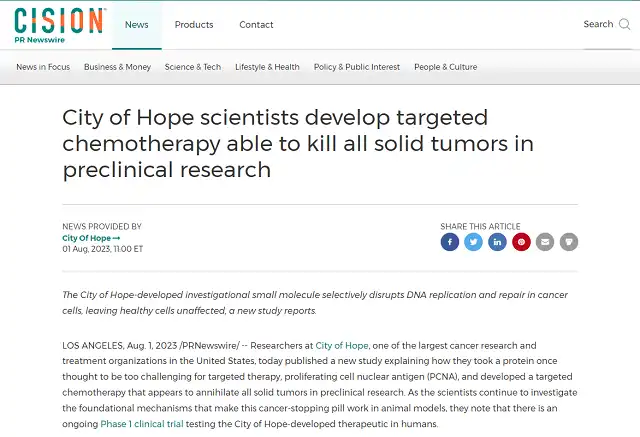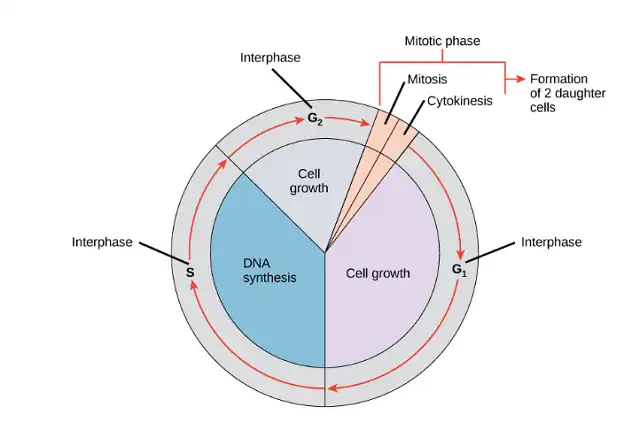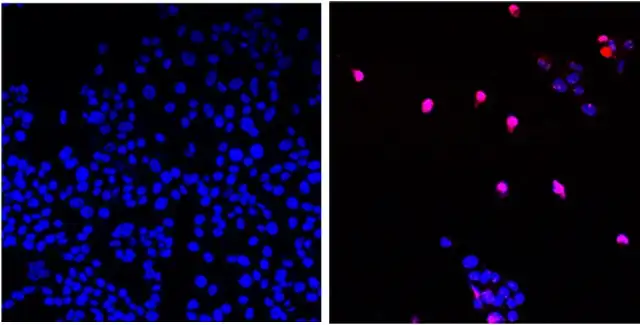Is this true? A magic drug can killsall solid malignant tumors
- Normal Liver Cells Found to Promote Cancer Metastasis to the Liver
- Nearly 80% Complete Remission: Breakthrough in ADC Anti-Tumor Treatment
- Vaccination Against Common Diseases May Prevent Dementia!
- New Alzheimer’s Disease (AD) Diagnosis and Staging Criteria
- Breakthrough in Alzheimer’s Disease: New Nasal Spray Halts Cognitive Decline by Targeting Toxic Protein
- Can the Tap Water at the Paris Olympics be Drunk Directly?
Is this true? A magic drug can killsall solid malignant tumors
- Should China be held legally responsible for the US’s $18 trillion COVID losses?
- CT Radiation Exposure Linked to Blood Cancer in Children and Adolescents
- FDA has mandated a top-level black box warning for all marketed CAR-T therapies
- Can people with high blood pressure eat peanuts?
- What is the difference between dopamine and dobutamine?
- How long can the patient live after heart stent surgery?
Is this true? A magic drug can killsall solid malignant tumors.
On Aug. 01, City of Hope National Medical Center, the top cancer treatment and research institution in the United States, announced that in preclinical studies, scientists at the institution have developed a targeted chemotherapy that can kill all solid malignant tumors (cancer tumors) drugs .

(Source: prnewswire)
The preclinical research mentioned in the announcement has been published in the journal Cell Chemical Biology in the form of a paper. The aforementioned drug (AOH1996) is an oral small molecule PCNA (proliferating cell nuclear antigen) inhibitor used to curb tumor cell proliferation.
The rationale behind it is also easy to explain. Proliferating cell nuclear antigen is important in the process of DNA replication and repair, and the drug specifically targets an oncogenic variant of PCNA, a protein that plays a key role in DNA replication and repair in all expanding tumors.
The researchers tested AOH1996 in more than 70 cancer cell lines and several groups of normal cells, as reported in the preclinical study. The investigational therapy stops cells with damaged DNA from dividing in the G2/M phase and prevents the copying of faulty DNA in the S phase. The end result was that AOH1996 triggered the death (or apoptosis) of cancer cells without interrupting the reproductive cycle of healthy stem cells.
Note: According to biological common sense, the cell cycle is divided into the mitotic phase (M phase) and the interphase (G1, S, and G2 phases) in which cells grow, duplicate DNA copies, and continue to grow. Daughter cells that are in a cycle can start the same cycle over and over again.

(Cell Cycle, Source: Khan Academy, OpenStax College)
Significant human trials are also underway
Dr. Linda Malkas, who has continued to develop the drug for the past two decades, said that PCNA is like an aviation hub with multiple aircraft terminals.
The fact that the data showed that there are unique changes in the PCNA of cancer cells allowed the design of a drug that targets only cancer cell PCNA.
The cancer-killing pill is like a blizzard shutting down key aviation hubs, grounding only those planes carrying cancer cells.
According to the test pictures given by City of Hope National Medical Center, the status of cancer cells has changed significantly before (left) and after (right) medication.

(Source: City of Hope)
AOH1996 has shown efficacy in preclinical studies in cells from breast, prostate, brain, ovarian, cervical, skin and lung cancers.
Moreover, AOH1996 can be taken orally and has stable metabolism.
Whether it is used as a single treatment or as a combination treatment, it can inhibit tumor growth without causing noticeable side effects.
In addition, experiments have also shown that AOH1996 can make cancer cells more sensitive to chemical agents (such as cisplatin) that cause DNA or chromosome damage, indicating that this drug has the potential of combination therapy.
With the animal model to verify the feasibility of the drug, AOH1996 has also entered the phase I clinical trial stage, which mainly tests the safety and recommended dosage of the drug.
According to data from the US Clinical Trials Database, this phase of the trial is expected to end before the end of March next year. In other words, in about a year or so, we will be able to see the data on the use of this drug in real patients.
Is this true? A magic drug can killsall solid malignant tumors
(source:internet, reference only)
Disclaimer of medicaltrend.org
Important Note: The information provided is for informational purposes only and should not be considered as medical advice.



